The views expressed in our content reflect individual perspectives and do not represent the authoritative views of the Baha'i Faith.
Poetry is not my finest art, yet I still try to improve my poems through practice – which includes my annual entry in a challenging poetry contest that requires entrants to use 30 designated words.
Here is the poem I wrote last year for the competition (see the list of required words below**):
Liminal Blossoming
In a time of unspooling, unschooling, retooling,
sounds of human howling rise from our throats.
Our plans rent asunder,
every day’s a repeat of the other.
News stays sated with those
sunken in depression; no resuscitation
recovers drowned hopes.
Souls seethe in discontent,
shun this “new normal.”
Spatial rulings keep us six feet separate;
the pandemic stamps a deep wound
on our collective, divided psyche.
For some, going mask-less means treason;
others repel their masks with fierce reason.
COVID—a prey of the unsuspecting—
has eaten our way of life,
driven us to Zoom our days away.
Yet on this very threshold
every day’s assurance brings
something new to attend: an elevated conversation,
a writers’ critique group; an international seminar.
The tenets of faith shine like burnished copper
against this fractured landscape,
veracity erasing the patina manufactured
to surmount the hurdles of this vexed and vexing world.
Our prayer—a flare to One in full control—
hits mark. Inspired, we charge into a new reality,
nourish more lofty commitments,
dance on a wheel that takes on new vistas.
Unbound by geographical constraints,
we wander in cyberspace, locate
an earthen beauty to match the celestial,
and flower.
The subject related to one of the hardest aspects of our time, the global pandemic, and through the writing of it, I surprised myself by coming to a great appreciation for its positive aspect and the possibilities the pandemic offers us for change and growth.
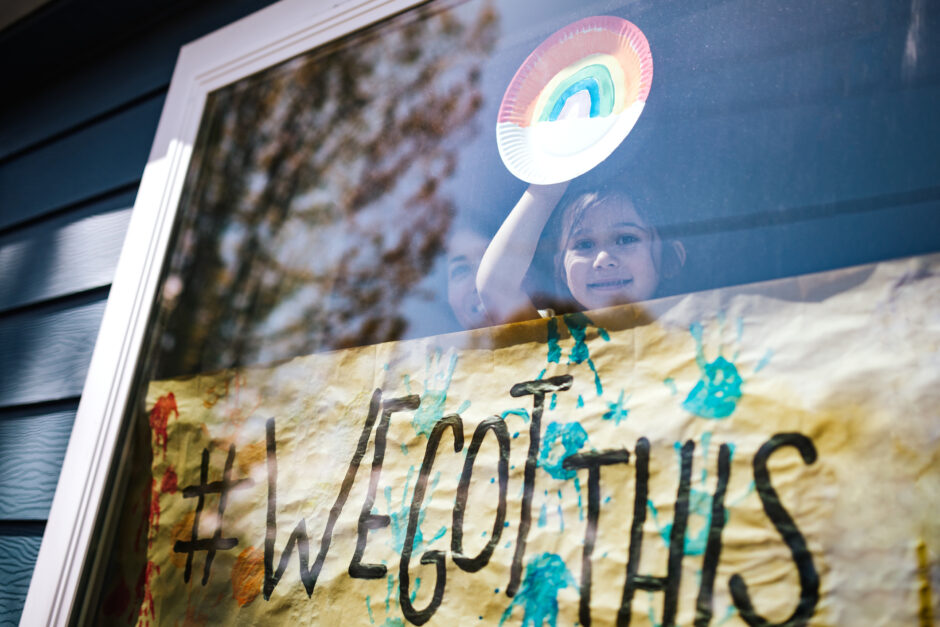
RELATED: What’s in a Word? The Sacred Writings of the World’s Faiths
This poem would not exist if I hadn’t taken on the challenge offered by the Common Language Project. Sharing it contributes to a discourse with others engaged in the arts and has led to publication and public readings.
In my poems, I try to present a problem and suggest how we might reach a kind of solution through the journey and its hinge of a changed perception. In the competition, it always amazes me how different the poems by various authors are; using the same 30 words one poem might be comical, another romantic, another more classical in style and approach, and so forth.
In my artistic efforts, I’m continually inspired by the Baha’i teachings, especially the stunningly beautiful poetry and prose in the Baha’i writings. Baha’u’llah, the prophet and founder of the Faith, not only wrote gorgeous mystical poetry with the power to transport the soul, he also encouraged and lauded the literary efforts of others, as in this letter to a Baha’i poet:
Every word of thy poetry is indeed like unto a mirror in which the evidences of the devotion and love thou cherishest for God and His chosen ones are reflected. Well is it with thee who hast quaffed the choice wine of utterance and partaken of the soft flowing stream of true knowledge.
In a 1932 letter written on his behalf, Shoghi Effendi, the Guardian of the Baha’i Faith, predicted:
… with the spread of the spirit of Baha’u’llah a new era will dawn in art and literature. Whereas before the form was perfect but the spirit was lacking, now there will be a glorious spirit embodied in a form immeasurably improved by the quickened genius of the world.
We can each be a creative part of this new era through attunement to the particular energies and challenges of our age, and through participating in the development of the arts. However, it can be daunting to compare one’s efforts to those we see all around us, representing fruition and excellence in so many ways. Yet there is room for various kinds and levels of art, and creativity can add so much to our lives.
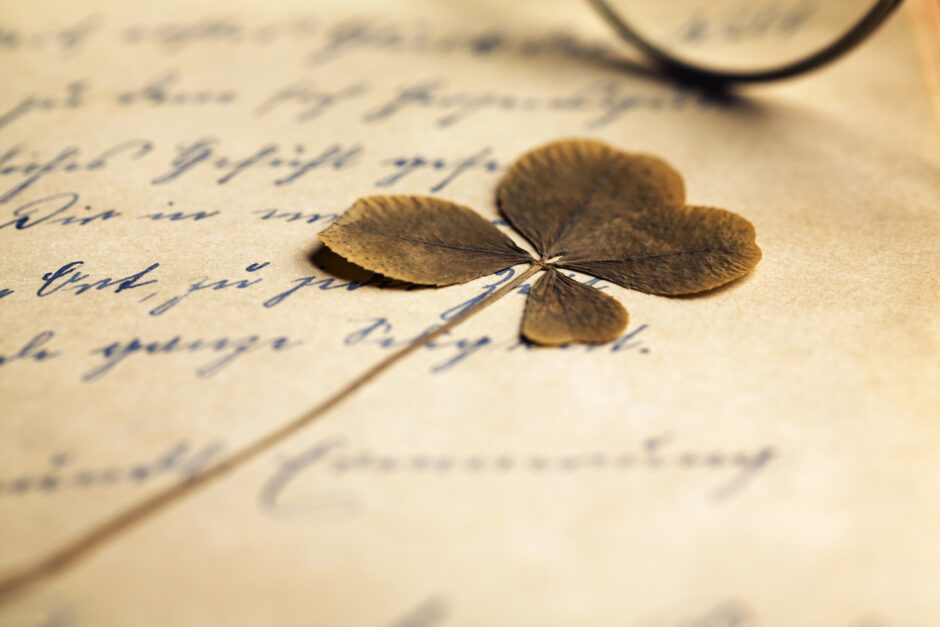
Many people are becoming aware of the capacity of the arts to reach people and connect us in new ways. The recent and upcoming global Baha’i conferences to foster positive change in the world attest to this. My friend Michelle Goering shared this about the inclusion of arts at her own conference in San Diego, California:
Our primary hope was that each attendee would have access to and feel empowered and encouraged to participate in a variety of arts during the conference. Facilitators would be provided with materials to try icebreaker activities, music, drama, improvisation, storytelling, poetry and other writing forms, visual arts including collage, drawing, and painting. To that end, we gave each group explanations of exercises, handouts they could refer to and try, paper and pens and various art supplies, and musical instruments.
The result? Deeper connections, new ways to address the conference themes and questions, profound sharing, joy, and growth.
RELATED: Black Women, Poetry and Radiance
Unlike some other religions, all Baha’is are encouraged to express themselves and their beliefs through the power of the arts, including music, literature, painting, sculpture, drama, and performance. The Universal House of Justice, the democratically-elected leadership body of the world’s Baha’is, wrote:
With the evolution of Baha’i society which is composed of people of many cultural origins and diverse tastes, each with his conception of what is aesthetically acceptable and pleasing, those Baha’is who are gifted in music, drama and the visual arts are free to exercise their talents in ways which will serve the Faith of God. They should not feel disturbed at the lack of appreciation by sundry believers. Rather, in knowledge of the cogent writings of the Faith on music and dramatic expression … they should continue their artistic endeavours in prayerful recognition that the arts are powerful instruments to serve the Cause, arts which in time will have their Baha’i fruition.
In a recent letter, the Universal House of Justice has been even more specific in assessing the current use of the arts and need for the arts in community building:
… the arts as a whole, so integral a part of the development of a community from the start, stand out in such settings as an important means of generating joy, strengthening bonds of unity, disseminating knowledge, and consolidating understanding …
Creativity can be a great leaven for the spirit, reminding us that we can actively participate in helping to change our own perspective and perhaps even inspire others. Whether we approach creativity with the specific goal of becoming more articulate and skilled in a particular kind of art or simply helping us process the painful realities of life, it can enlarge our being and extend out into the world. Who knows what results might occur in the present or distant future?
[Note: Anne was one of the winners in the 2021 Common Language Project contest. The anthology of poems can be found HERE]
**Words for the 2021 Common Language Project: assurance, attend, blossoming, charge, control, copper, driven, drowned, earthen, eaten, flare, howling, liminal, patina, prayer, prey, reason, rent, repeat, repel, seethe, spatial, sunken, tenets, treason, unspooling, veracity, wheel, wound, wander.


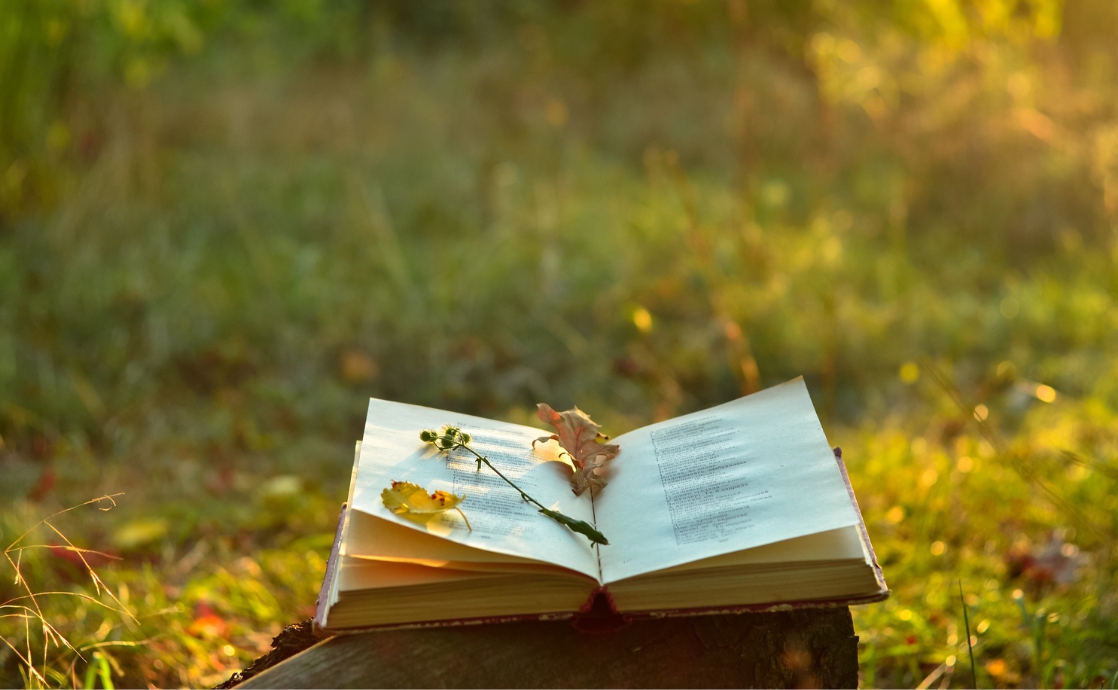
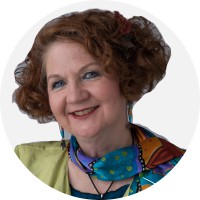

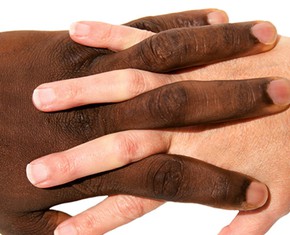










Comments
Sign in or create an account
Continue with Googleor